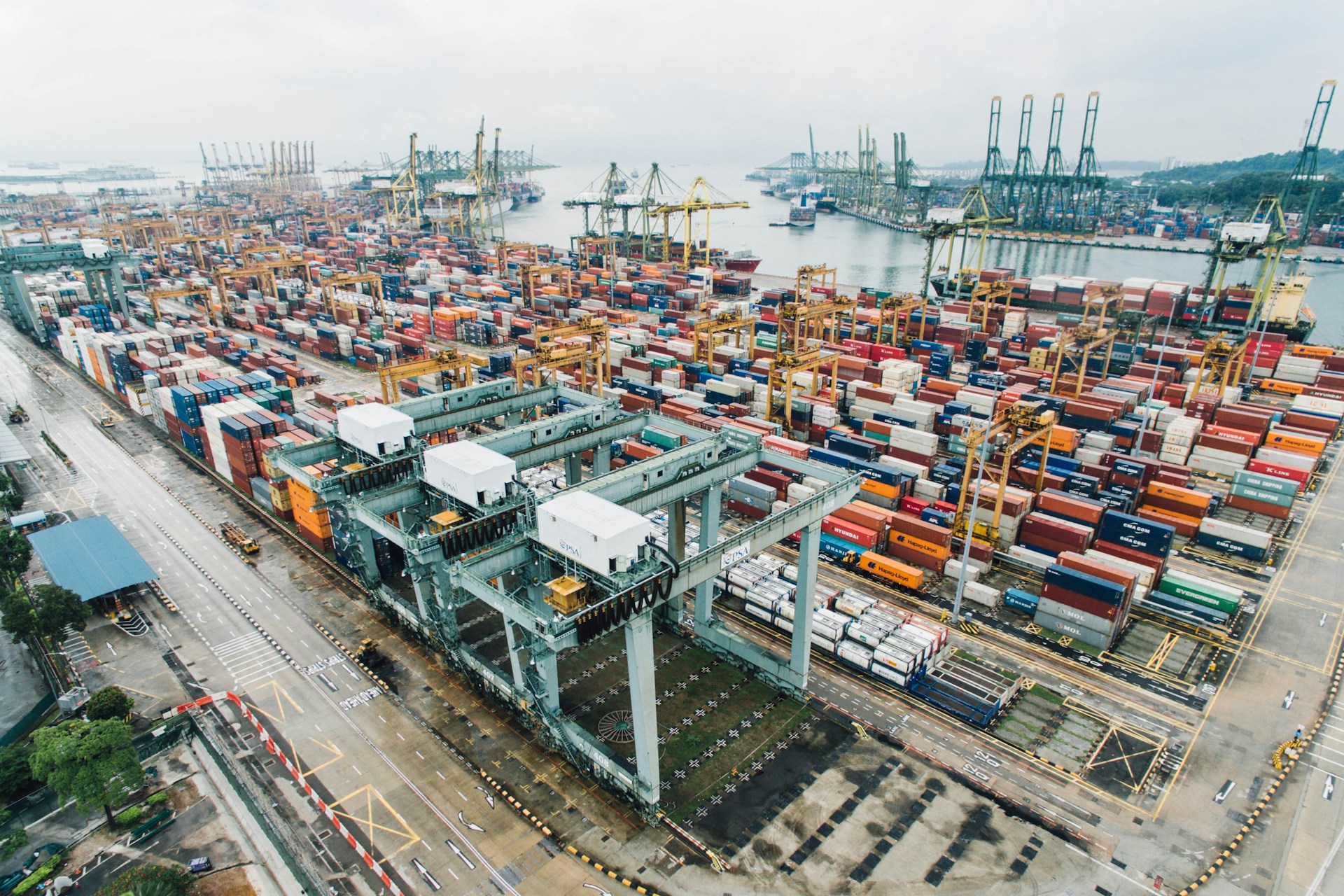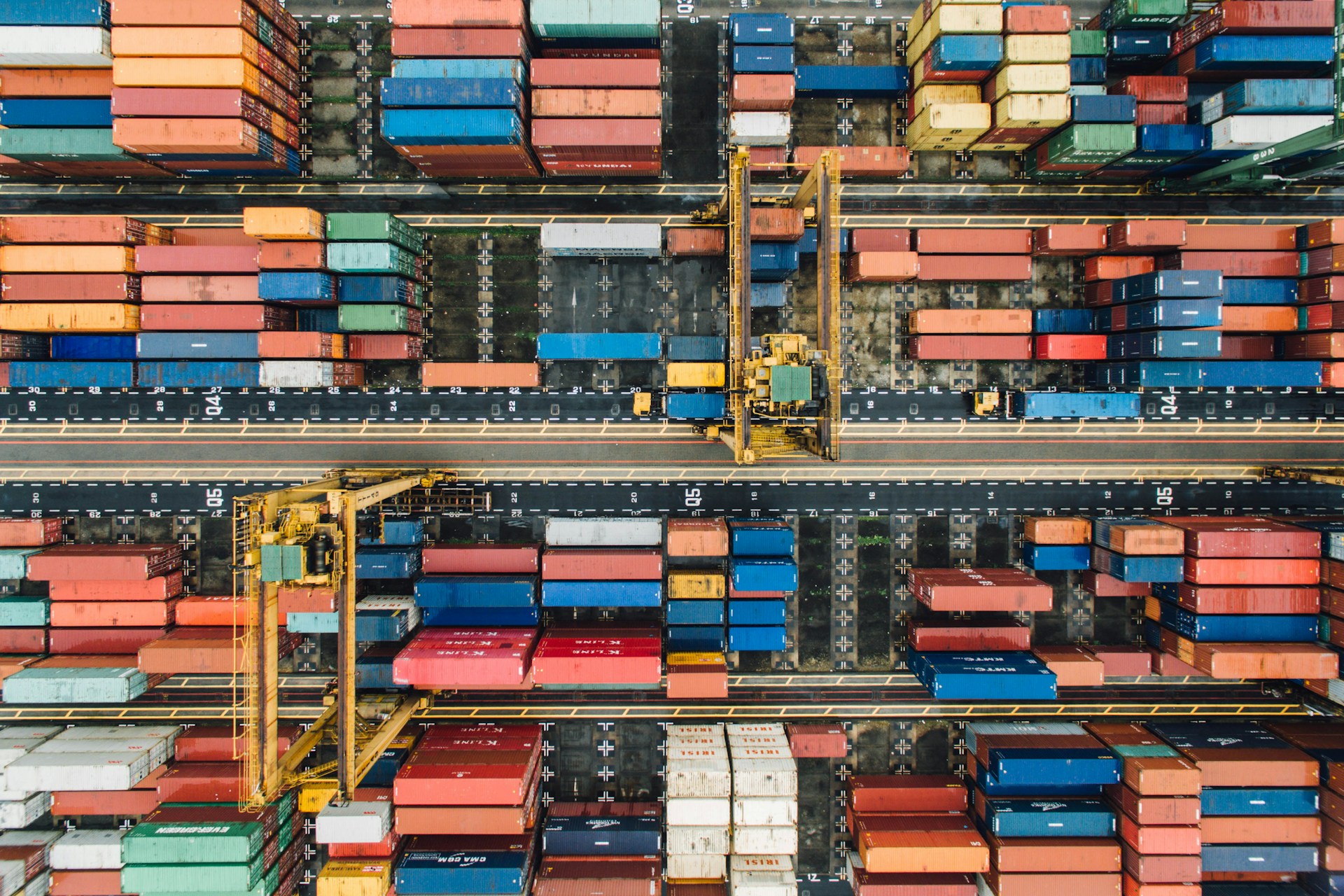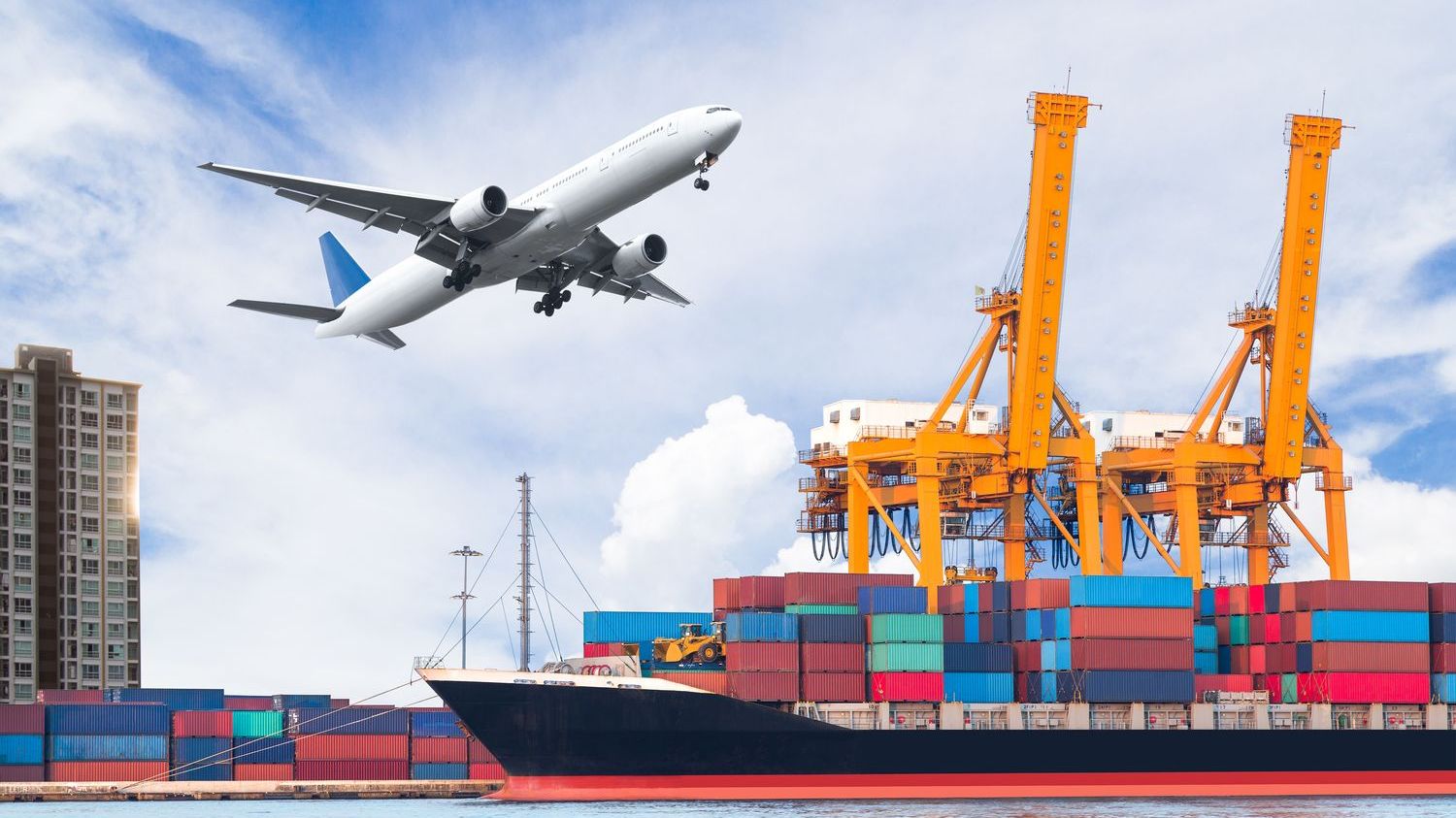In today’s interconnected global economy, businesses are constantly seeking efficient and reliable methods to transport goods across vast distances. One such journey that has garnered significant attention is shipping from China, the world’s manufacturing hub, to France, a country known for its fashion and luxury industries. This article delves into the intricacies of this logistical endeavor, highlighting the importance of choosing the right partner, like XRGLOBAL, to ensure a seamless process.
China, with its extensive manufacturing base and low labor costs, has become a go-to destination for international retailers looking to source products at competitive prices. From electronics to textiles, a wide array of goods flow out of Chinese ports daily. However, navigating the complexities of international shipping can be daunting, especially when it comes to customs regulations, transit times, and cost optimization. That’s where companies like XRGLOBAL come into play, offering tailored solutions for efficient and secure deliveries to France.
One of the primary considerations when shipping from China to France is selecting the most appropriate mode of transportation. Air cargo offers speed and reliability, making it ideal for time-sensitive shipments or high-value items. On the other hand, sea freight is more cost-effective for bulkier goods, but with longer transit times.XRGLOBAL, with its extensive network of air and sea routes, ensures that clients can choose the best option based on their specific needs and budget constraints.
When it comes to customs clearance, understanding the regulations in both countries is crucial. French customs have strict requirements for documentation, labeling, and product safety inspections. XRGLOBAL, having expertise in customs procedures, streamlines this process by providing accurate and timely paperwork, reducing potential delays and ensuring a smooth passage through customs. Their team of experienced professionals stays updated with the latest regulations, helping businesses avoid fines and penalties.
Another critical aspect of shipping from China to France is the choice of a trustworthy logistics partner. The logistics industry is notorious for its transparency issues, and companies may face hidden fees or unexpected delays. XRGLOBAL, with a reputation for integrity and transparency, offers real-time tracking, open communication, and a commitment to delivering on promises. This level of accountability gives clients peace of mind, knowing their shipments are in good hands.
In terms of transit times, air cargo typically takes around 5-10 days from China to France, while sea freight can take anywhere from 30 to 45 days or more, depending on the route and container size. XRGLOBAL optimizes routes to minimize transit time, using their knowledge of peak and off-peak seasons to schedule shipments effectively. They also offer expedited services for those who cannot afford to wait for the standard transit times.
Warehousing and storage are additional considerations when shipping from China to France. Many companies choose to consolidate their shipments in regional hubs before distributing to final destinations across the country. XRGLOBAL’s extensive network of warehouses allows for efficient consolidation, storage, and onward distribution, ensuring that goods reach their final customers promptly.
Packaging and handling are essential factors in maintaining product integrity during transit. XRGLOBAL partners with reputable packaging providers who adhere to international standards, protecting goods from damage during transit. They understand that damaged goods not only lead to customer dissatisfaction but can also result in costly returns and reputational risks.
Lastly, sustainability has become a key concern for businesses worldwide. XRGLOBAL recognizes this and offers eco-friendly shipping options, such as using fuel-efficient vessels, optimizing cargo loads, and minimizing waste. By partnering with XRGLOBAL, companies can contribute to a greener future while ensuring their shipments arrive safely and efficiently.
In conclusion, shipping from China to France is a complex process that requires careful planning and a reliable logistics partner. Companies like XRGLOBAL, with their expertise, global network, and commitment to customer satisfaction, make navigating these challenges a breeze. By choosing XRGLOBAL, businesses can streamline their supply chain, reduce costs, and focus on their core operations, all while ensuring their products reach French shores in the shortest time possible and with the highest level of quality and compliance. In an increasingly competitive market, investing in a trusted logistics partner like XRGLOBAL is a strategic decision that can propel your business forward.




